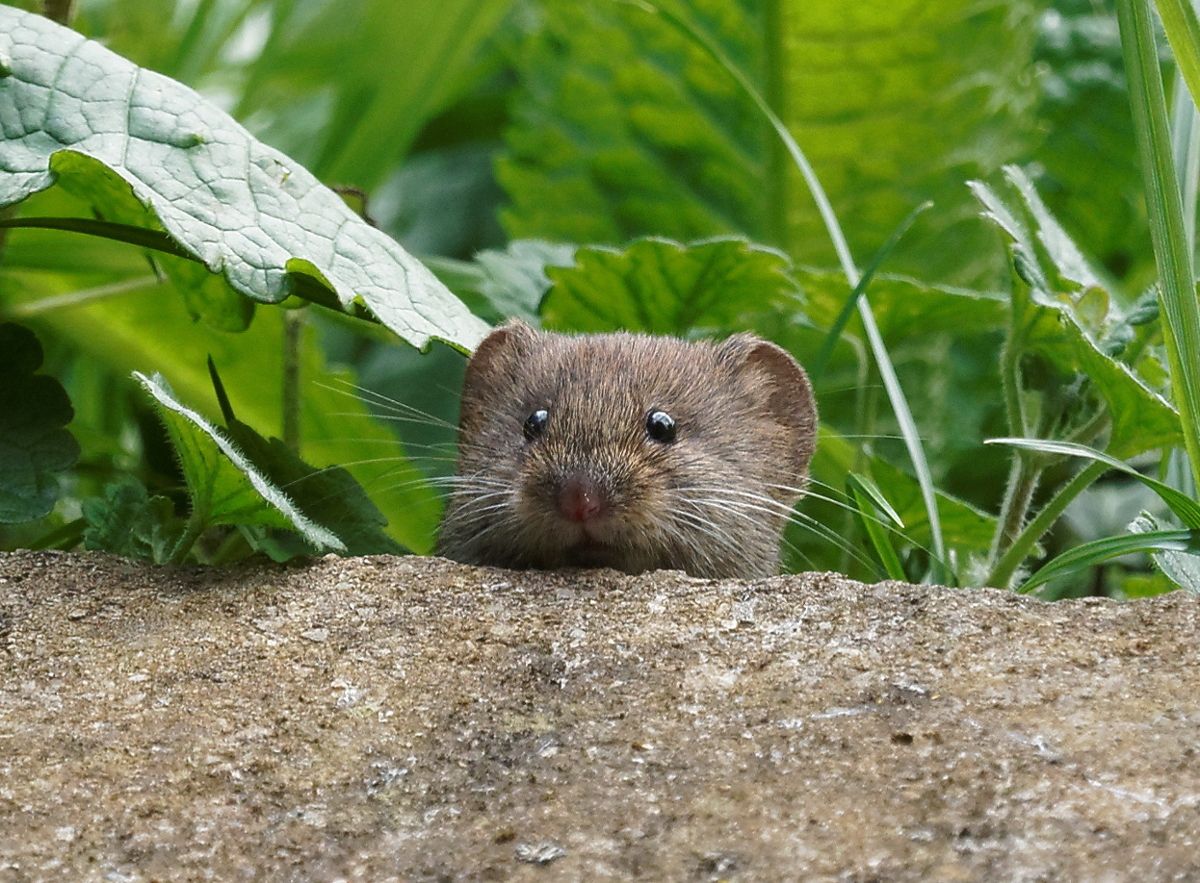A lot of would-be parents that hold off on starting a family hear the same advice: There’s no perfect time to get pregnant. Maybe that’s true, but some moments are better than others.
In the animal world, mammals and some marsupials know this well: They have to contend with lack of food, insufficient stores of maternal fat, or older siblings who haven’t weaned yet. All situations that aren’t optimal for pregnancy.
Thanks to an ability called embryonic diapause, more than 130 species can pause their pregnancies until conditions improve. In embryonic diapause, an early-stage embryo remains dormant, and waits to implant in the mother’s uterus. For some animals, such as bears and armadillos, embryonic diapause is even a seasonal part of their regular reproductive cycles.
But what exactly is going on in these animals’ bodies? To find out, scientists induced diapause in female mice and mouse embryonic stem cells. The researchers then compared the diapause embryos and embryonic stem cells to actively growing embryos, paying particular attention to their gene expression.
One interesting find was the role of a catalytic enzyme called mTOR, which regulates cell processes such as cell proliferation, growth, and protein synthesis, as well as helping sense cells’ energy stores. It’s also associated with mammalian aging and cancer, as well as aspects of embryonic growth and development. The researchers found that inhibiting mTOR led to metabolic profile that characterizes diapause, indicating that the enzyme might be a key player in suspending pregnancy. We’ll be waiting in suspense for more research.










